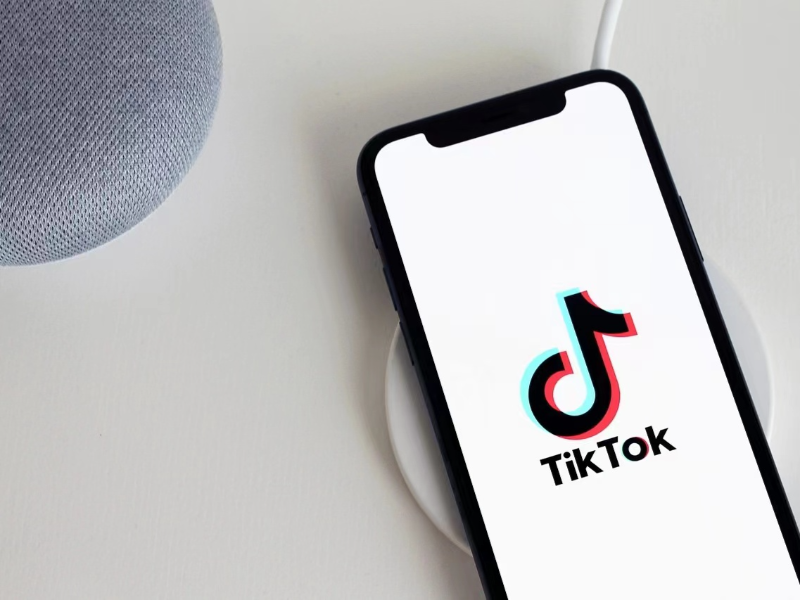- The US House committee requires to release of a transcript of a closed-door hearing in March, highlighting the threats posed by TikTok as part of the Justice Department’s defence.
- By pushing for its divestment, the US is not only disrupting the market but also signalling a reluctance to compete on a level playing field.
OUR TAKE
As a symbol of Chinese innovation, TikTok is being unfairly targeted, with baseless accusations used to justify the ban. This isn’t about protecting American data—it’s about stifling competition and maintaining control. It’s crucial that the judiciary upholds principles of fairness and justice, ensuring that the digital future remains open and collaborative.
–Ashley Wang, BTW reporter
What happened
A US House committee has voted to release a transcript of a closed-door hearing from March on Thursday. The hearing was about TikTok‘s threat to the Justice Department, which defended a law aimed at forcing its Chinese owners, ByteDance, to divest the app’s US assets. The law, signed by President Joe Biden in April, would ban TikTok in the US if ByteDance fails to comply by January 19, 2025. ByteDance, TikTok, and a group of TikTok creators have filed lawsuits to block this legislation.
The Justice Department requested the Energy and Commerce Committee to review the transcript from the classified hearing to support their litigation efforts. According to the committee chair, Representative Cathy McMorris Rodgers, intelligence community officials briefed lawmakers on the dangers posed by foreign-controlled applications like TikTok, which are seen as tools for exploiting and weaponising American data. Despite the release of the transcript for legal purposes, there are no plans to make it public.
Also read: Brands and stars hit by TikTok cyber-attack
Also read: AI fakes and misinformation exposed to young voters on TikTok
Why it’s important
It is not the first time that the US has tried to ban the use of TikTok in the country. A previous attempt to ban TikTok by former President Donald Trump in late 2020 was blocked by the courts. A one-page unclassified document from the hearing outlined national security concerns, citing TikTok’s extensive data collection and the risk posed by Chinese ownership, which could allow access to user data and control software on millions of US devices. The current legal battle underscores ongoing concerns over data security and foreign influence in critical technology platforms.
On the contrary, TikTok has previously criticised the legislative process as secretive and rushed, arguing that transparency was intentionally avoided to push the bill forward. By forcing ByteDance to divest TikTok, the US is engaging in digital protectionism under the guise of national security. This action could trigger division and undermine global collaboration. The US has failed to present concrete evidence that TikTok poses a significant threat, relying instead on aggressive and political speech.

